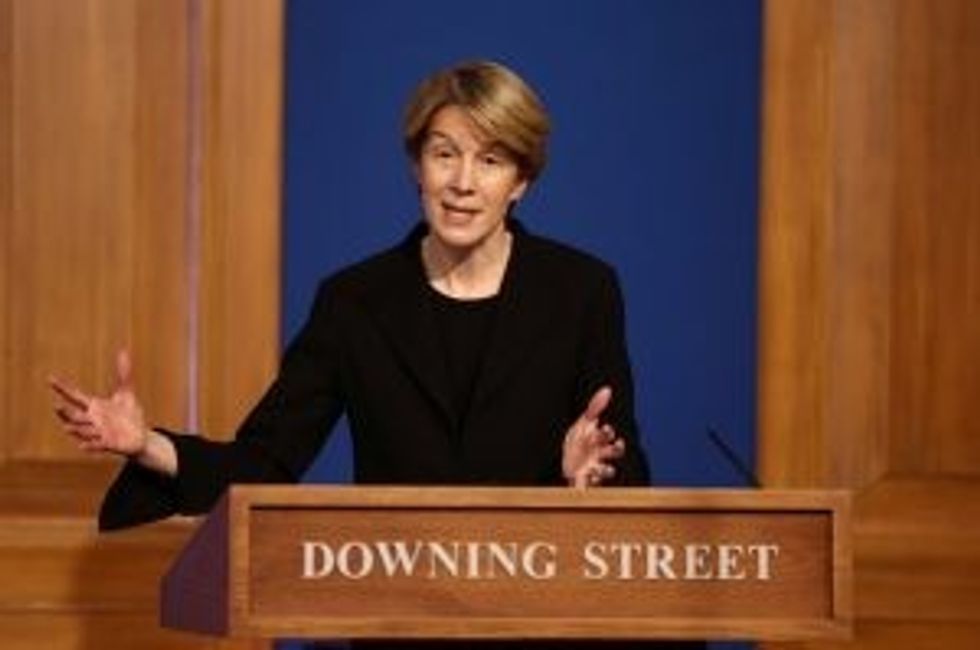The new deal struck by the NHS will enable provision of a life-saving treatment for babies and young children who suffer with a rare and fatal genetic disease, metachromatic leukodystrophy (MLD).
The revolutionary gene therapy treatment, known by its brand name Libmeldy, is used to treat MLD, which causes severe damage to the child’s nervous system and organs, leading to a life expectancy of just five to eight years.
Having a reported list price of more than £2.8 million, it is the most expensive drug in the world, but can now be offered to young patients on the NHS in England after the health service negotiated a significant confidential discount.
the drug works by removing the patient’s stem cells and replacing the faulty gene that causes MLD before then re-injecting the treated cells into the patient.
The most common form of MLD usually develops in babies younger than 30 months and can cause loss of sight, speech and hearing, as well as difficulty moving, brain impairment, seizures, and eventually death.

NHS chief executive Amanda Pritchard, said: “The deal we have struck is just the latest example of NHS England using its commercial capabilities to make good on the NHS Long Term Plan commitment to provide patients with cutting-edge treatments and therapies at a price that is fair to taxpayers.
“It also shows that while rolling out the world-leading NHS Covid vaccination programme, and caring for people with the virus, the health service is also doing its very best to care for millions of patients with other conditions.”
The drug, manufactured by UK-based pharmaceutical firm Orchard Therapeutics, has been recommended for use by the National Institute for Health and Care Excellence (NICE) on Friday (February 4) through its draft guidance.
NICE will shortly publish final guidance on the use of Libmeldy, enabling the rollout of the treatment to begin in the Spring.











